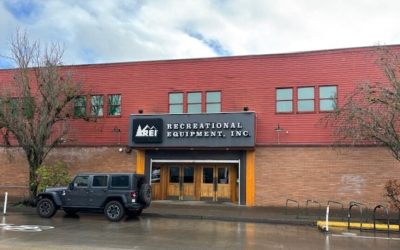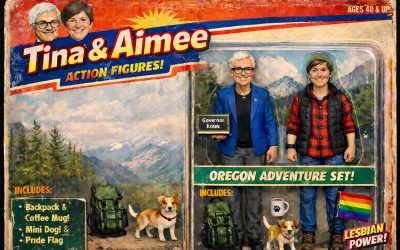On December 10, 2024, the U.S. District Court for the District of Oregon granted the Federal Trade Commission's (FTC) request for a preliminary injunction, effectively halting Kroger Company's proposed $24.6 billion acquisition of Albertsons Companies, Inc. This decision temporarily blocks what would have been the largest supermarket merger in U.S. history.
FTC's Concerns
The FTC argues that merging these two major grocery chains would diminish competition, likely leading to higher grocery prices and fewer shopping options for millions of Americans. Additionally, the merger could result in lower product quality and reduced service standards. For employees, the consolidation might suppress wages and worsen working conditions due to decreased competition for labor.
Legal Actions
To prevent the merger, the FTC has filed an administrative complaint and is seeking a temporary restraining order and preliminary injunction in federal court. This effort is supported by attorneys general from nine states and the District of Columbia.

Company Profiles
Kroger operates thousands of stores across 36 states under various banners, including Fred Meyer, Fry’s, Harris Teeter, King Soopers, and Quality Food Centers (QFC). Albertsons has a similar presence in 35 states with brands like Safeway, Jewel-Osco, Pavilions, and Vons. If combined, the two would manage over 5,000 stores and approximately 4,000 pharmacies, employing nearly 700,000 people nationwide.
Divestiture Proposal
In an attempt to address antitrust concerns, Kroger and Albertsons proposed selling several hundred stores to C&S Wholesale Grocers, a company that currently operates only 23 supermarkets and one retail pharmacy. The FTC considers this proposal insufficient, arguing that it doesn't effectively preserve competition in affected markets.

Impact on Consumers and Workers
The FTC believes that the merger would eliminate direct competition between Kroger and Albertsons, leading to higher prices and reduced incentives to improve product quality and customer service. For workers, the consolidation could weaken their bargaining power, potentially resulting in stagnating wages and deteriorating working conditions.
What Are The Next Steps?
The FTC's administrative complaint initiates a formal proceeding, with allegations to be examined in a hearing before an administrative law judge. The outcome will determine whether the merger proceeds or is permanently blocked.
This case underscores the FTC's commitment to maintaining competitive markets and protecting both consumers and workers from potential adverse effects of large corporate mergers.













